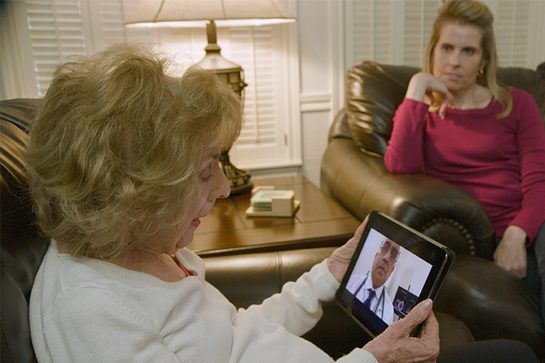The Community Development Block Grant (CDBG) program was created by President Gerald Ford in 1974 to combat poverty and provide affordable housing and infrastructure development funds. Grants are controlled and operated by individual states and local communities in order to provide the best-localized solutions for local needs and concerns. As a key social determinant of health (SDoH), housing, housing support, and poverty intervention are critical components of a broader healthcare vision and community care coordination plan that looks to provide whole person care.
Funds granted through the CDBG program must be dedicated to low- and moderate-income people and provide for immediate threats to the health or welfare of a community. Many communities across the nation are using CDBG funds to address housing crises, including among homeless and houseless populations. Funds may also be used to purchase and maintain Homeless Management Information Systems (HMIS), prevention efforts, shelters, and outreach programs. Because CDBG funds are locally controlled and have broad guidelines in their application, communities are able to more effectively direct their efforts to areas of greatest concern and need.
When used as part of a broader community care coordination initiative, CDBG funds can assist in the development of coordinated systems of care that address healthcare, behavioral health, and social needs for individuals experiencing homelessness. For example, many individuals experiencing homelessness also have other social determinant needs, including education, employment, food security, and transportation. Many communities are connecting a variety of care and service providers into an integrated continuum of care, allowing them to put the individual’s housing, health, and other social needs at the center of their care. Eccovia Solutions is proud of the great work many of our clients are doing to coordinate care and services for the homeless populations in their communities. To learn more, see our new video from the Houston Coalition from the Homeless.
Blog Resources



